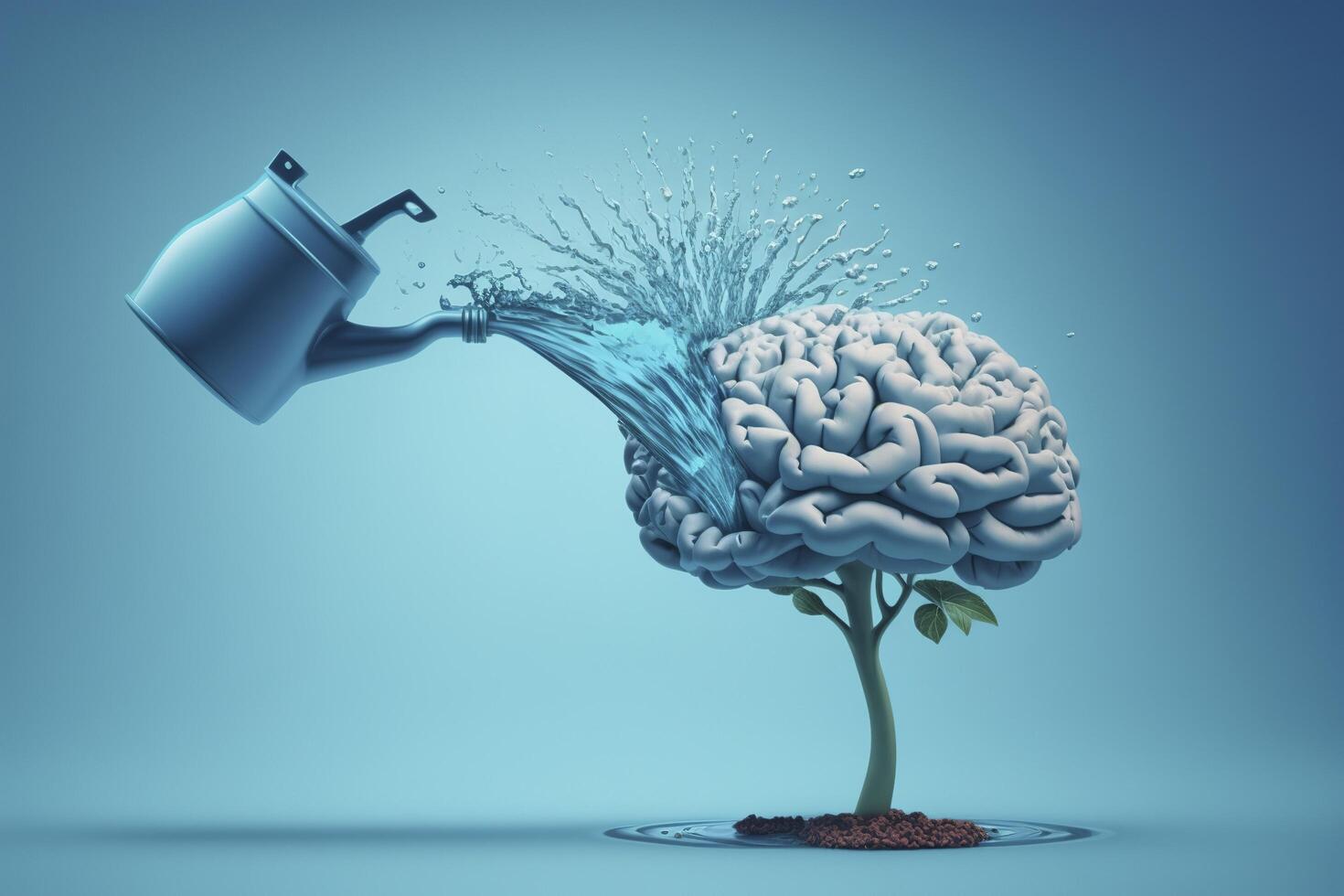In the realm of holistic medicine, Ayurveda stands out as a comprehensive system that not only addresses physical health but also delves into the intricacies of mental well-being. With its roots in ancient Indian wisdom, Ayurveda offers a unique perspective on psychological disorders, viewing them through the lens of balance and harmony within the body and mind.
According to Ayurveda, psychological disorders arise due to imbalances in the three doshas: Vata, Pitta, and Kapha. Each dosha governs different aspects of our being, and an imbalance can lead to various mental disturbances. For instance, excess Vata may manifest as anxiety, fear, or insomnia, while aggravated Pitta can result in anger, irritability, or perfectionism. Similarly, Kapha imbalance might lead to depression, lethargy, or attachment.
Ayurvedic practitioners emphasize the importance of understanding one’s unique constitution or prakriti and the current state of doshic balance or vikriti to effectively address psychological issues. Treatment typically involves a combination of dietary modifications, lifestyle adjustments, herbal remedies, and mind-body practices such as yoga, meditation, and pranayama.
Diet plays a crucial role in Ayurveda’s approach to mental health. Foods are classified according to their taste, energy, and post-digestive effect, and consuming the right balance of tastes can help pacify aggravated doshas. For example, individuals with excess Vata may benefit from warm, grounding foods like cooked grains, root vegetables, and nourishing soups, while those with aggravated Pitta may find relief with cooling, soothing foods like cucumber, coconut, and leafy greens.

In addition to dietary changes, Ayurveda emphasizes the importance of a balanced lifestyle to support mental well-being. Establishing a daily routine (dinacharya) that aligns with natural rhythms can help regulate the doshas and promote stability. Adequate rest, regular exercise, and stress management techniques are also essential components of Ayurvedic therapy for psychological disorders.
Herbal remedies play a significant role in Ayurvedic treatment protocols for mental health concerns. Adaptogenic herbs like ashwagandha, brahmi, and shankhapushpi are renowned for their ability to support the nervous system, reduce stress, and promote emotional balance. These herbs are often prescribed in formulations tailored to individual imbalances, along with other herbs and spices that target specific symptoms.
Mind-body practices form an integral part of Ayurvedic therapy, helping individuals cultivate self-awareness, emotional resilience, and inner peace. Yoga asanas, pranayama techniques, and meditation practices are tailored to balance the doshas and promote mental clarity, emotional stability, and spiritual growth.
In conclusion, Ayurveda offers a holistic approach to understanding and treating psychological disorders, addressing imbalances at the physical, mental, and spiritual levels. By recognizing the interconnectedness of body, mind, and environment, Ayurvedic principles provide valuable insights into the root causes of mental disturbances and offer effective tools for restoring balance and promoting overall well-being.